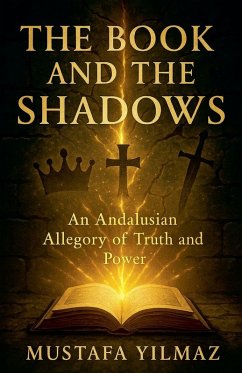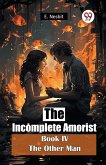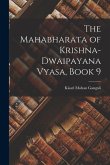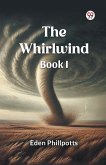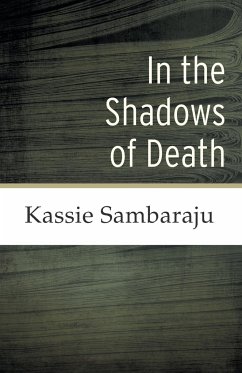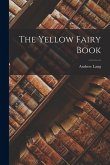An Andalusian Allegory of Truth and Power by Mustafa Y¿lmaz In the twilight of medieval Europe-when crowns gleamed brighter than conscience and faith was weighed in gold-a single manuscript dared to breathe the forbidden name of justice. From the marble courts of Córdoba to the torch-lit corridors of a Christian palace, The Book and the Shadows unfolds as a timeless allegory of light and darkness, power and truth. At its heart stands Mîran, a scholar from al-Andalus sent as an emissary to a kingdom where fear wears the mask of holiness. He carries not a weapon but a book-a sacred Mushaf said to hold the words that can awaken hearts and unmask thrones. When his mentor is slain and the book is hidden beneath the stones of the enemy's own sanctum, Mîran is thrust into a labyrinth of faith, betrayal, and secret councils. There, in the "Hall of the Crowned," men in robes and armor decide the fate of nations under flickering torches. Their creed is simple: truth must never reach the light. But not all within those walls are loyal to the shadow. Isolde, a noblewoman raised in the heart of the empire, hears the whisper of conscience beneath the hymns of power. Torn between her birthright and her awakening soul, she becomes Mîran's unexpected ally in a world where a word of mercy can be a death sentence. As rebellions stir among the hungry, and rumors of a "Book of Justice" ignite the city's silent despair, the boundaries between oppressor and oppressed blur. The palace trembles, not from armies, but from the awakening of the people's heart. From the echoing zindan where prisoners pray in the dark, to the broken chapel that hides the manuscript, every stone remembers-and every whisper carries a question that no crown can silence: Who owns the truth? Rich in imagery and moral tension, The Book and the Shadows is more than a historical tale-it is a mirror held to every age where faith is traded for authority and justice is chained by fear. Mustafa Y¿lmaz crafts a world that feels both ancient and eerily familiar: a civilization at the crossroads of revelation and ruin. When the book finally returns to Córdoba, carried across the burning frontiers of belief, Mîran stands before his people not as a conqueror, but as a witness. The journey has cost him everything-teacher, friend, home-but in losing them he finds what cannot be taken: the endurance of truth. For as the novel's closing line reminds us, "Truth does not belong to the traveler; it belongs to the path itself. The traveler changes-the truth remains." Blending poetic prose with the gravitas of a spiritual epic, The Book and the Shadows speaks to readers of Paulo Coelho, Umberto Eco, and Orhan Pamuk-those drawn to stories where the battle between shadow and light begins not in palaces or battlefields, but within the human heart.
Bitte wählen Sie Ihr Anliegen aus.
Rechnungen
Retourenschein anfordern
Bestellstatus
Storno

